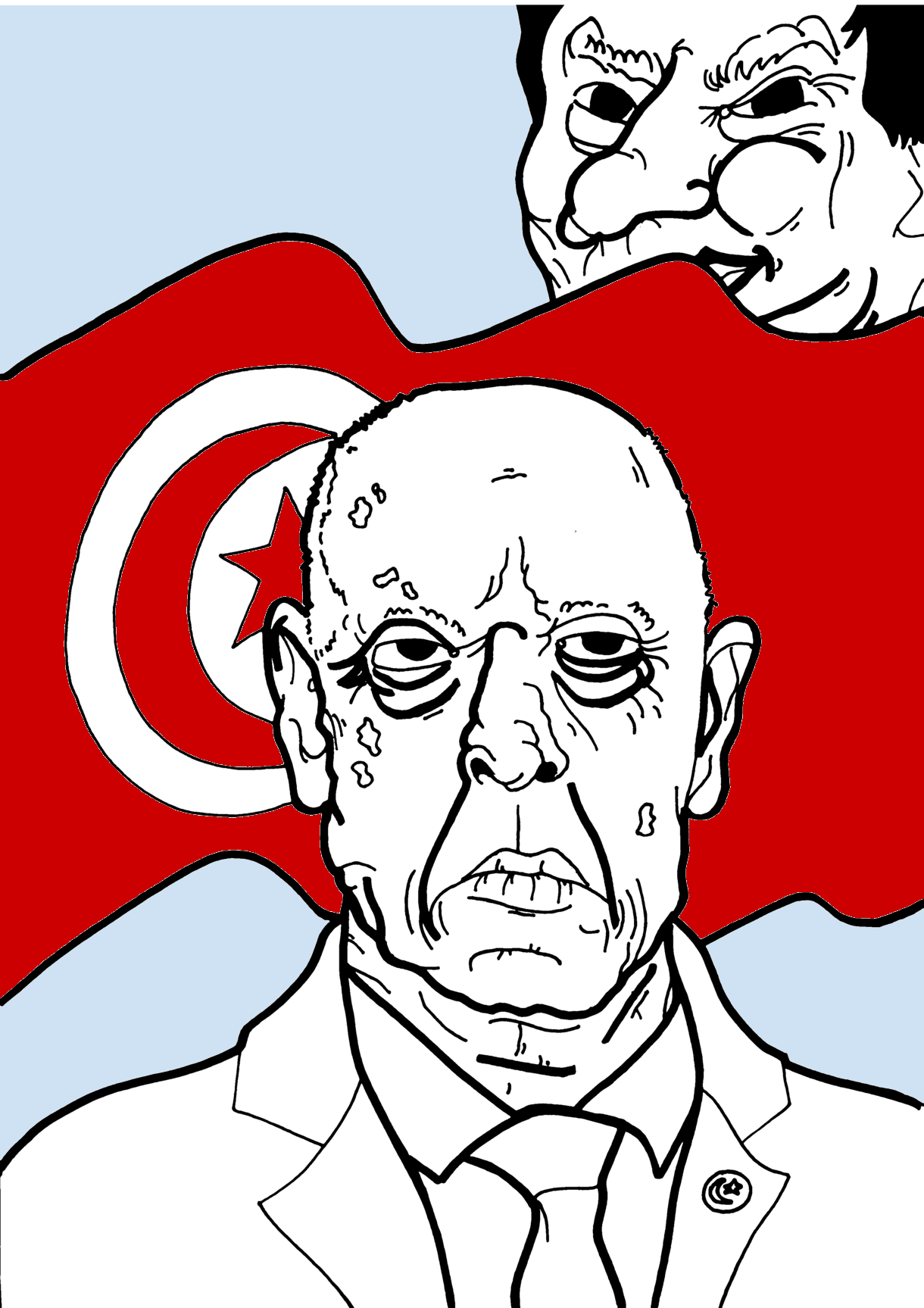

Kais Saied (centre) took power in Tunisia nearly two and a half years ago, and in that time has seen his image turn from that of a pragmatic reformist to an authoritarian despot. Elected following the death of his predecessor, Beji Caid Essebsi, Saied has refused to let go of emergency powers taken up last summer. After extending a constitutionally mandated 30-day suspension of Parliament to an unprecedented year-and-a-half, recent weeks have seen Tunisia’s President go one step further, and begin the dissolution of Tunisia’s independent judiciary. This, amongst poor handling of COVID, allegations of police brutality, a faltering economy and stark regional inequality, has prompted a severe backlash, especially from Tunisia’s long-marginalised conservative Muslims and their party Ennahda. Whatever the future holds, Saied has earned himself unfavourable (yet not undeserved) comparisons to Zine El Abidine Ben Ali (top right), the dictator whose ousting in early 2011 set in motion the events known as the ‘Arab Spring’. Whether or not Saied follows through on his promise to pass constitutional reforms and hold elections by December, at present, Tunisia risks threatening the democratic progress its citizens have struggled so hard to realise. Eleven years after his resignation and three after his death, Ben Ali’s legacy of repression hangs heavy over the incumbent President.



Average Rating